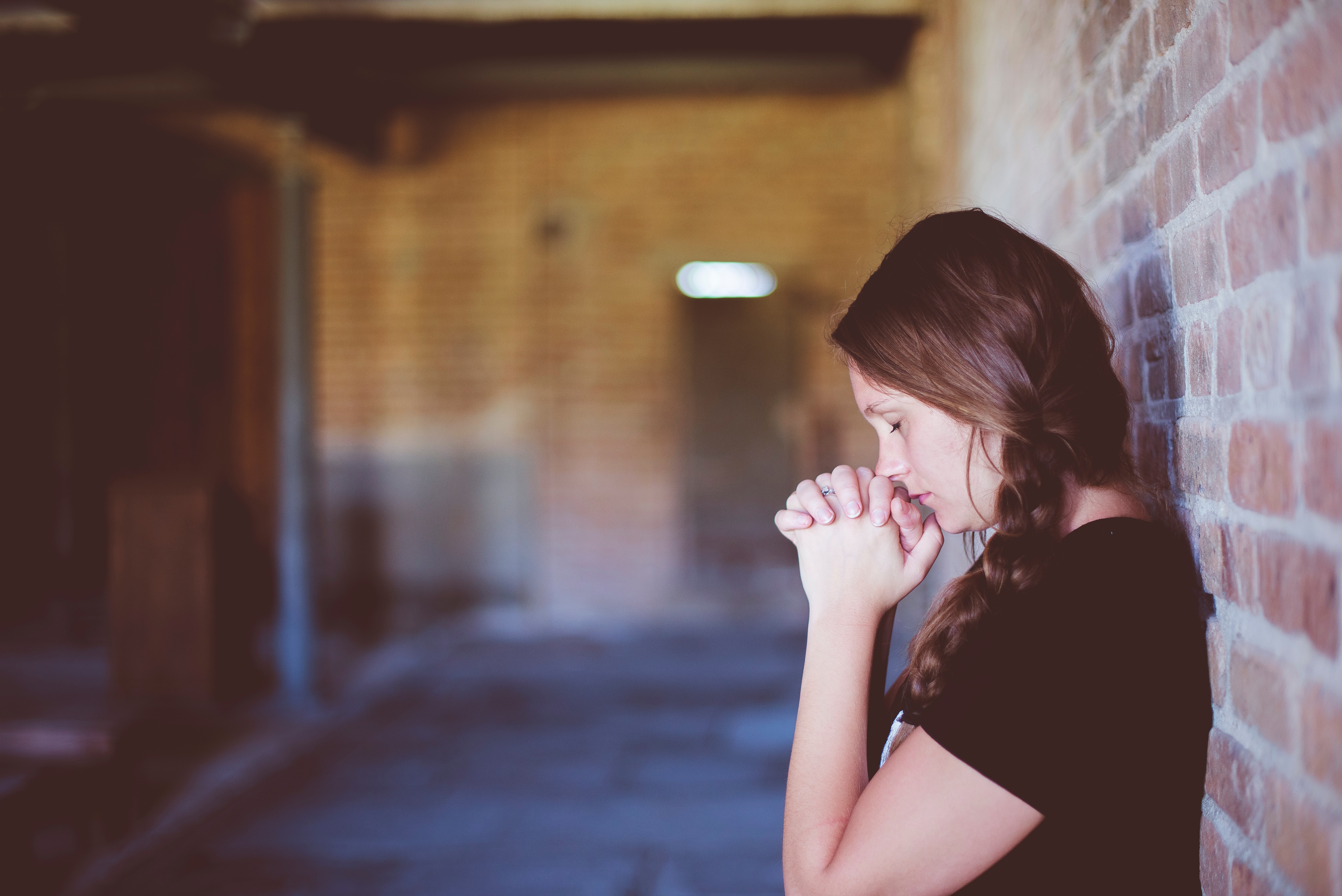Grief and loss are excruciating. The loss of a loved one either from the death or the ending of a relationship is like losing a limb. It’s part of life and something that everyone experiences at some point, but that doesn’t make matters easier when you’re in the middle of the depths of sadness. The first step toward healing is understanding what grief is and how it works.
Top Grief Emotions
Elisabeth Kübler-Ross originally created a step-progression of grief. However, what we now know about grief is that all of these feelings can happen at any time, even on the same day or moment. The Five Stages of Grief are as follows:
- Denial: Disbelief over the events that have caused the loss. This may be anything from the death of a loved one to the loss of your home or something of extreme emotional importance. A feeling of pervasive numbness accompanies when experiencing the feeling of denial.
- Anger: This is the pain after the numbness wears off. Anger may be directed at anyone or anything and needn’t make sense. Essentially, anger is the processing of pain that you weren’t able to register before. For example, you may feel angry at the person you lost, your family and friends, even yourself.
- Bargaining: Attempts to escape the pain by coming up with fictional scenarios where you can exchange something to change the past. This stage is about the inability to come to terms with the current reality.
- Depression: This is the result of tumultuous emotions and the stage when immense sadness will finally settle. It’s natural to be depressed after a traumatic loss, but this state can feel never-ending.
- Acceptance: The result of the grieving process isn’t a magical cure where you bounce back to the person you were before, but about finally being able to exist in the new reality. Acceptance is not only about acknowledgment but also about adjustment.
Who Deals with Grief?
The easy answer is that anyone who deals with loss will deal with grief. It’s part of the human condition, difficult though it may be. However, what does differ is how people of different ages and backgrounds will experience loss. Children, for example, will process grief in a much different way than adults.
How to Face Grief and Loss
Surviving Grief and loss requires support. This can come from family and friends, support groups with similar experiences, and talk therapy. Ultimately, though, the most important support system for you is going to be yourself. This requires understanding the grieving process and keeping in touch with your emotions without shutting down. Talk therapy can help with the process of getting in touch with your own emotions. Call I Choose Change today for a free consultation with an expert counselor to explore how you can benefit from therapy.




